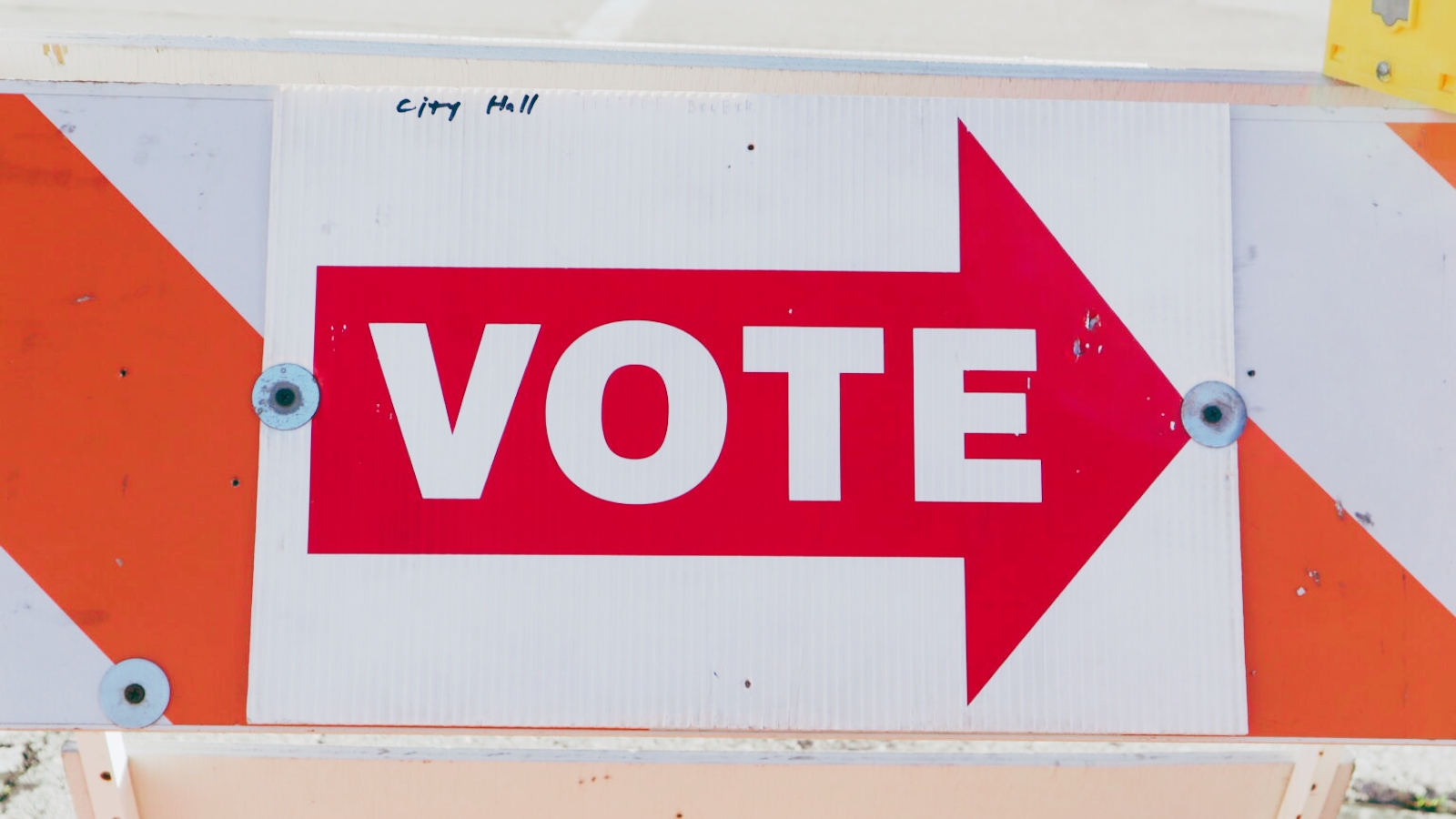
Charts Can’t Time the Market, But People Can
During a recent bout of euphoric intemperance, it occurred to me that I’ve been viewing markets in a flawed manner. I’m fond of characterizing markets as people, so why would I relegate people to a chart? If the world economy is comprised of billions of individuals, why would I hope to learn about what markets will do solely via macroeconomics? If people are not, in fact, robots, why would I expect markets to act robotically? Markets are sentimental, so shouldn’t I be studying sentiment? The usual course of action is to dismiss last night’s “deep thoughts,” but because I’m still fired up about this, please read on.
“Are we heading into a recession?” The reader has undoubtedly heard that question many times this year, but because, like most, I’m a believer of business cycles, I’m wondering, “When will markets decide that we’re in a recession?” All year, I’ve caught myself muttering, “This doesn’t make any sense,” but no, expecting markets to “make sense” is actually what makes no sense. Again, markets are people, and to believe that markets act in only “sensical” ways helps illustrate the unbridled hubris at the Federal Reserve. The Fed, which continues to bring new meaning to “folly,” seems to truly believe that its actions can “correct” those of a third of a billion Americans. But are we deserving of this economic terrorism, or will their actions once again prove futile? Instead of a graph, let’s look at what markets—people—are actually saying. Taking a page out of John Tamny’s book, why not address sentiment through the eyes of The New York Times? Yes, it pains me to even type those words, but that doesn’t mean that the chief propagandist is universally ignored. Far from it. Here’s what it wrote in February:
And here’s an excerpt from March:
And now for a confession: I haven’t been honest with you. Those articles were indeed written in February and March, but they were written in 2007. Now that we’ve touched on just an infinitesimal fraction of the sentiment during Q1 of ‘07, let’s turn our attention to what preceded it. Over the course of 25 months—June of ‘04 to July of ‘06, the Federal Funds effective rate went from 1.03% to 5.24%, remaining there for 12 months (5.26% in July of ‘07). One way of interpreting that is to say that after aggressively raising rates, it took the Fed a full year to reverse course. Is that when markets—people—decided that the U.S. economy would begin to contract, and are we in a similar position today? To help answer those questions, let’s look at another NYT excerpt, from September of ‘07:
Earlier this year, I thought that if we’re about to be in a recession, and with data of the last recession now ubiquitous, why will the next recession unfold at the same pace? But I learned the hard way that that’s the wrong question. Again, unlike computers, people have short memories. Calculators don’t require consensus, but people seem to favor it. And though calculators are incapable of yielding an incorrect answer, people believe what they want to believe, regardless of validity. So, when you hear about the Fed’s underworked and overpaid “handling” the economy, bear in mind that they actually haven’t the slightest clue, as the title of this Wall Street Journal article makes clear: “Why Economists Are Betting A Recession Won’t Happen.” That was written in December of ‘07. Are we heading into a recession? Yes, but no chart can tell us when.
Free the People publishes opinion-based articles from contributing writers. The opinions and ideas expressed do not always reflect the opinions and ideas that Free the People endorses. We believe in free speech, and in providing a platform for open dialogue. Feel free to leave a comment.



